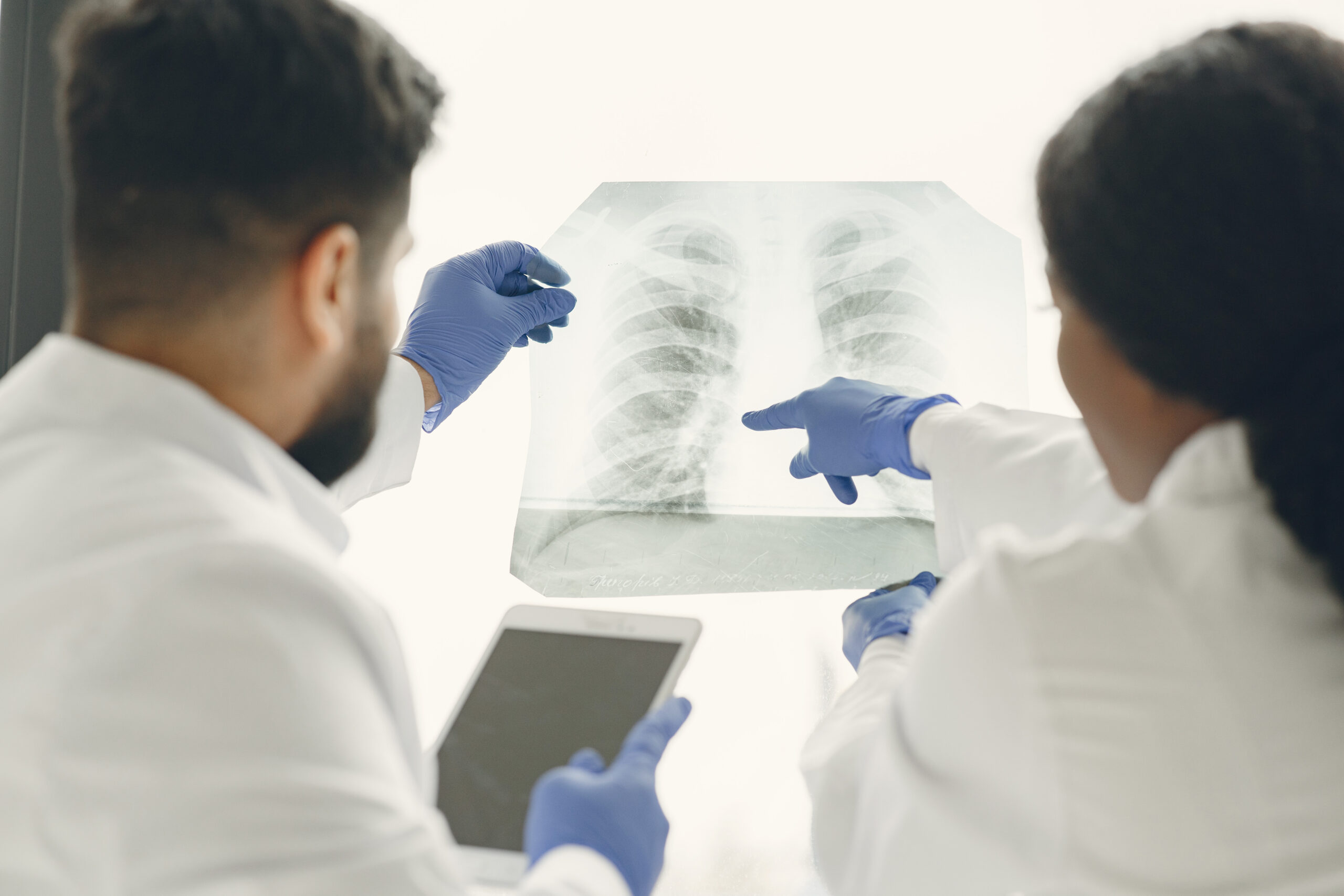Diaphragmatic Hernia
Diaphragmatic Hernia
A diaphragmatic hernia occurs when abdominal organs push through an opening in the diaphragm, the muscle that separates the chest from the abdomen. This condition can be congenital (present at birth) or acquired due to trauma or increased abdominal pressure. In newborns, it can cause severe breathing difficulties as the lungs may not fully develop. In adults, symptoms vary and may include shortness of breath, acid reflux, or chest pain. If left untreated, it can lead to life-threatening complications like organ strangulation. Early diagnosis and surgical intervention are crucial for restoring normal function and preventing serious health risks.

Unveiling the Causes & Risk Factors of Diaphragmatic Hernia
Recognizing the causes of diaphragmatic hernia is key to safeguarding health, ensuring swift care, and preventing risk
Congenital Defects
Some individuals are born with an abnormal opening in the diaphragm, allowing abdominal organs to move into the chest cavity. This condition, known as congenital diaphragmatic hernia (CDH), occurs due to improper diaphragm development during fetal growth. Immediate medical intervention is often required to correct the defect and prevent life-threatening complications.


Increased Abdominal Pressure
Excessive pressure on the abdominal cavity can weaken the diaphragm, increasing the risk of herniation. Factors such as obesity, pregnancy, chronic coughing, or frequent heavy lifting put strain on the diaphragm, creating weak spots. Long-term acid reflux or conditions like COPD can also contribute to diaphragmatic weakness over time.
Traumatic Injury
A severe impact to the chest or abdomen, such as from a car accident, a fall, or a sports injury, can lead to a diaphragmatic tear. These traumatic diaphragmatic hernias may not always present symptoms immediately. Over time, this displacement can cause breathing difficulties and reduced lung function, requiring surgical repair.

Symptoms of Diaphragmatic Hernia

Compressed lungs due to organ displacement can cause shortness of breath.

Pressure from herniated organs may lead to persistent chest pain.

A feeling of fullness, heaviness, or pressure in the abdominal area.
Stomach contents may move into the esophagus, causing heartburn.

Obstructed intestines may lead to constipation or digestive issues.

Increased pressure in the chest can strain the heart, causing palpitations.

Treatment Options
- Medication Management : Acid reducers help alleviate reflux and discomfort.
- Laparoscopic Surgery : A minimally invasive approach repairs the hernia with faster recovery.
- Open Surgical Repair: Traditional surgery is performed for larger or complex hernias.
- Supportive Care: Lifestyle modifications and breathing exercises improve symptom management.
Your Questions Answered, Simple and Clear
Find quick answers to common questions about our services, procedures, and patient care for your convenience.

It can compress the lungs, restrict breathing, and cause severe complications if untreated.
Surgery is the most effective option to reposition organs and repair the diaphragm..
Newborns with congenital defects and adults with trauma, surgery, or high abdominal pressure.
Stomach displacement can lead to acid reflux, bloating, nausea, and difficulty eating.
Lung compression, organ damage, respiratory distress, and life-threatening emergencies may occur.
